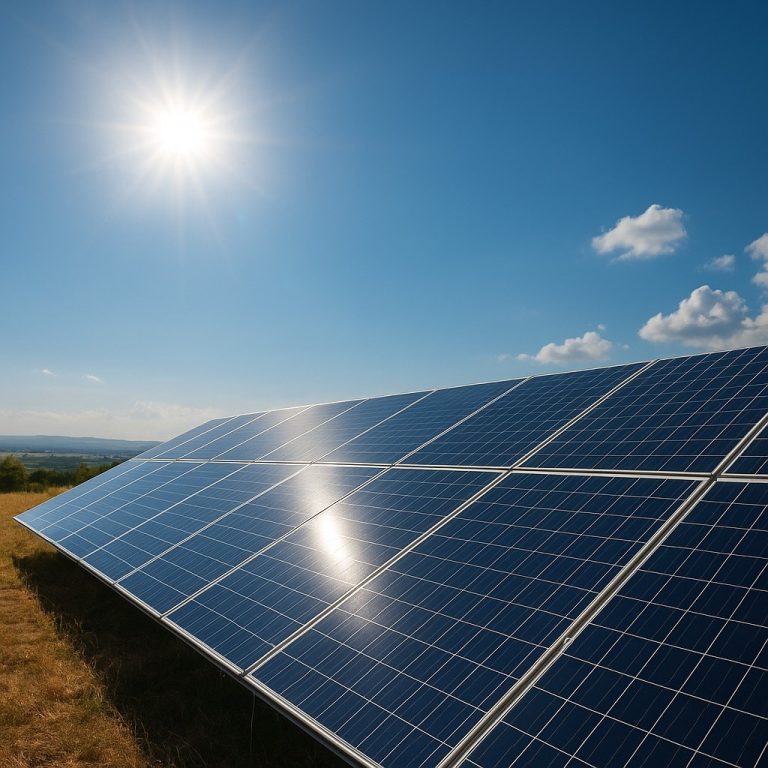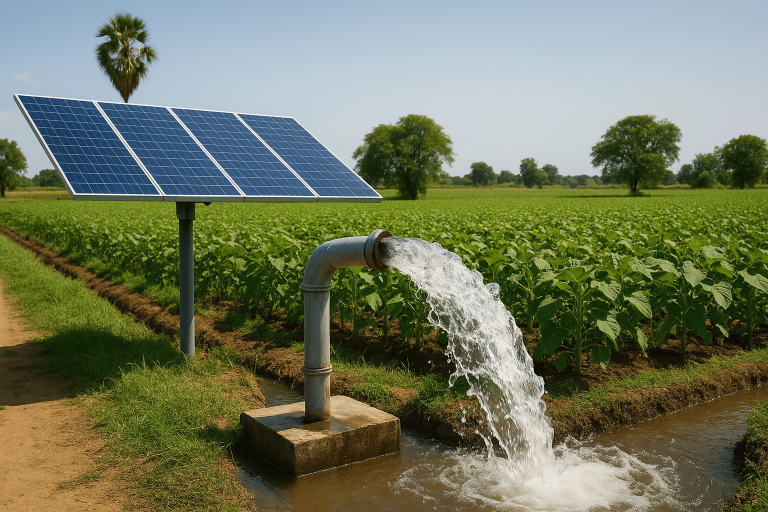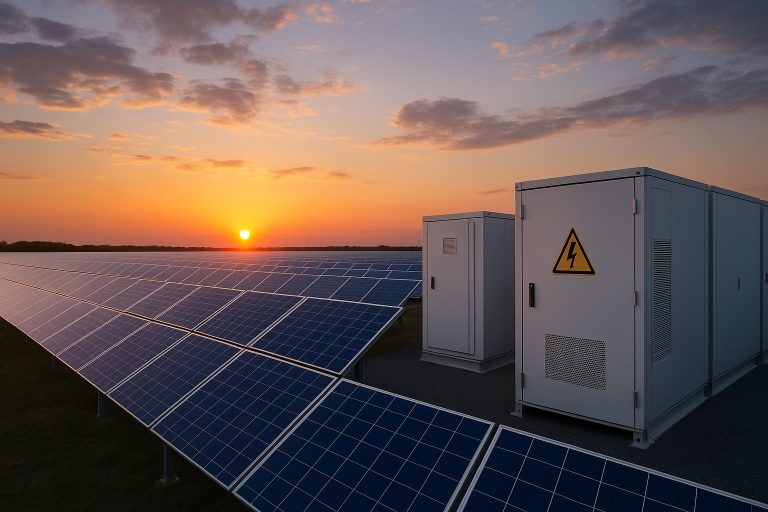Solar power is the process of converting sunlight into electricity or heat using various technologies as it does not produce harmful emissions and is sustainable over time.
Myths of Solar Power are false beliefs or ideas which often stem from misunderstandings, misinformation, or stories passed down over time about solar power/energy/technology.
| Common Myths |
| Solar power doesn’t work on cloudy days or cold weather. Solar Power is expensive.They require a lot of maintenance. Solar power damages the roof. Solar power is bad for the environment Solar power works only in hot climate. Solar Panels are bad for the environment. Solar panels will decrease the property value. Installing solar panels is time-consuming and complicated. Solar power is not reliable |
Let us see how to disprove these common Myths of Solar power:
1.Solar Panels Don’t Work on Cloudy Days or in Cold Weather
Solar panels do generate electricity on cloudy days and in fact are used more in cold places. Solar Panels are more efficient in converting sunlight into electricity at lower temperatures as they perform well in cold weather. FOr Example ,Germany is a leading solar power producer despite having a relatively cloudy climate.
2. Solar Power is Too Expensive
Over time,solar energy can save homeowners thousands of rupees though the upfront cost of solar panels can be high, the long-term savings on energy bills often outweigh the initial investment. Additionally, government incentives, tax credits, and financing options make solar more affordable.
3. Solar Panels Require a Lot of Maintenance
Solar panels require periodic cleaning to remove dust or debris and occasional inspection to check its function.Hence has minimal maintenance when compared to other technology.Many solar panels come with warranties of 20-25 years, indicating their durability and low maintenance requirements.
4.Solar Panels Will Damage My Roof
Solar panels do not damage roofs unless they are not installed by professionals or in a correct manner. In fact, they can protect the roof from weather damage. Installations include mounting systems that attach securely without harming the structure, and some companies offer warranties covering both the panels and any roof damage related to the installation.
5.Solar Power is Not Reliable
Solar power is a reliable energy source, especially when combined with battery storage systems that allow you to store excess energy for use during the night or cloudy days. Moreover, advances in solar technology have made systems more efficient and dependable.
6. Solar Panels are Bad for the Environment
While manufacturing solar panels does have an environmental impact, the overall life cycle of solar panels results in far fewer greenhouse gas emissions compared to fossil fuels. Solar panels generate clean energy for decades, greatly offsetting their initial carbon footprint. Additionally, recycling programs are being developed to handle old or damaged panels.
7. Solar Panels Only Work in Hot Climates
Solar panels work in various climates even colder regions as they convert sunlight into electricity and not heat. So even in cold places with sufficient sunlight ,they can be highly effective.Places like Alaska and Canada have successful solar installations despite their cold climates.
8.Solar Energy Will Only Be Viable When Technology Improves
Solar technology has continued advancements and has already reached a point where it is highly effective and economically viable.The current technology is more than sufficient for residential and commercial use today.
9.Solar Panels Will Decrease My Property Value
As they reduce energy costs,solar panels in many cases increase the property value for future homeowners.Studies have shown that homes with solar installations often sell faster and at higher prices than those without.
10.Installing Solar Panels is Complicated and Time-Consuming
It just takes a few days to install a typical residential kind of system and this has become streamlined and efficient due to professional companies installing solar systems in both commercial and residential premises. Professional installers handle the permits, inspections, and installation, making the process hassle-free.
Conclusion:
It’s always important to conduct thorough research before forming opinions about solar power or any technology designed for environmental advancement. By doing so, we can dispel common myths and recognize that solar power is not only cost-efficient but also adaptable to various weather conditions and easy to install.






